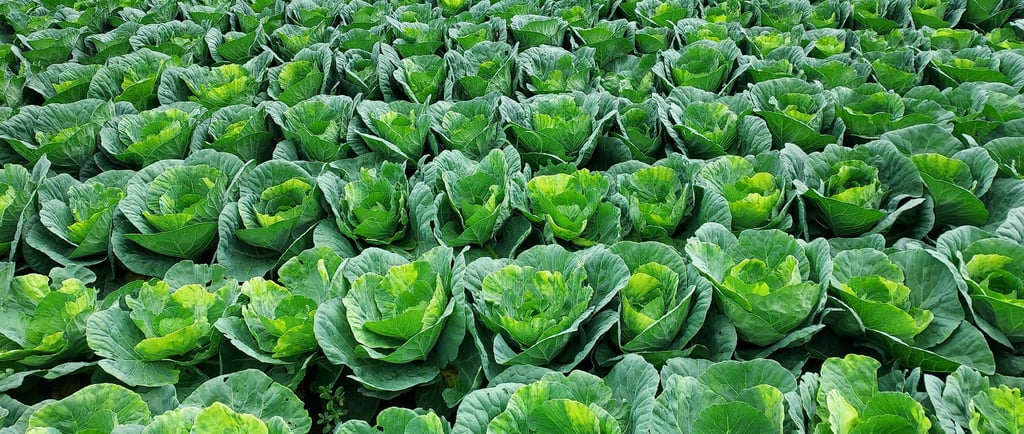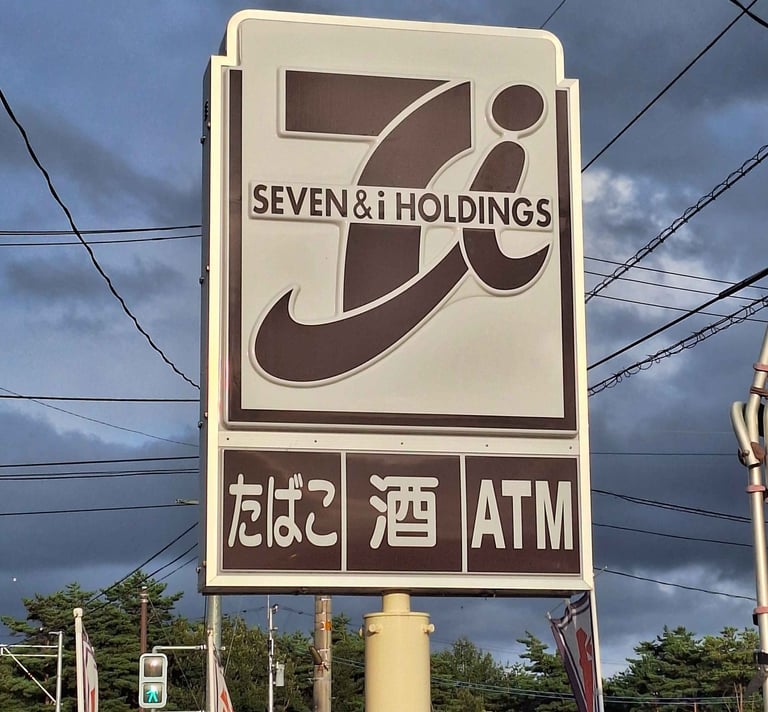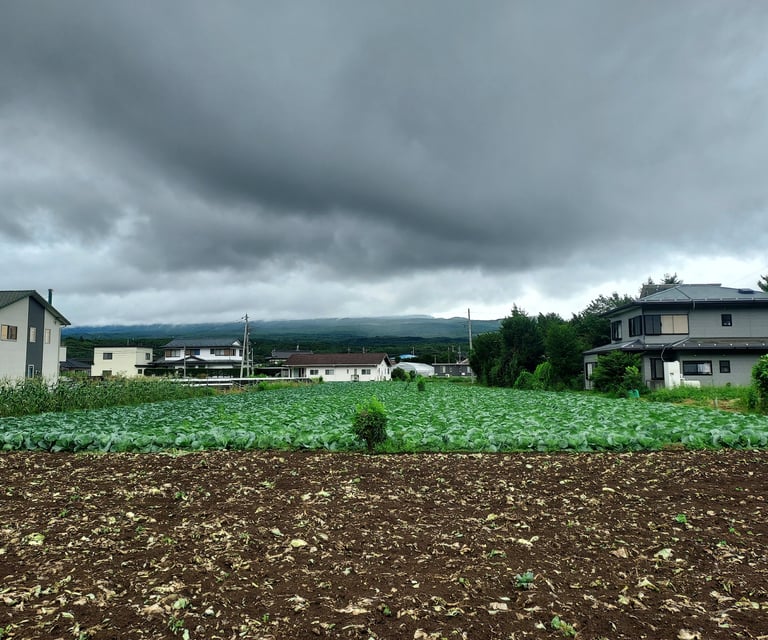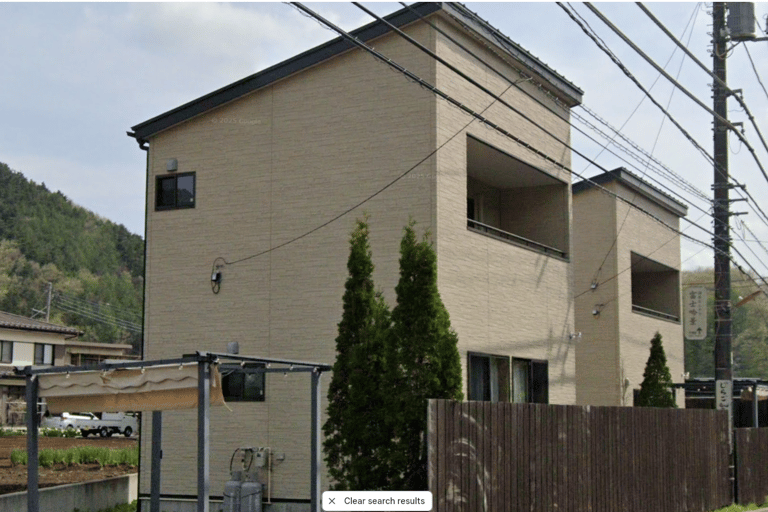Kawaguchiko and Beyond
Narusawa and the Cabbage Patch Hut
JAPAN
9/27/20252 min read


Kawaguchiko and Beyond
Narusawa and the Cabbage Patch Hut
Kawaguchiko — literally “Lake at the River’s Mouth” — is a resort town whose economy revolves largely around tourism. It’s about 70 miles from Ōta-ku, Tokyo: roughly a three-hour ride by train or a two-hour ride by bus. We opted for the very comfortable autobus operated by Fujikyuko Express Bus, boarding at Busta Shinjuku for about 2,200 yen (around $15 USD). I have to admit, I just like saying “Busta Shinjuku.” It has a nice ring to it.
After arriving at Kawaguchiko’s bus and train station, we hired a cab to take us to our rental home in Narusawa. Narusawa is a quiet, rural village nestled below the Ashiwada Hills, offering lovely views of the rising sun over Fujisan — weather permitting. There are so many good things to say about Narusawa: the people are kind and patient, the countryside is beautiful, and there is a certain practical aesthetic to the way daily life unfolds here.
We soon came to call our rental house the Cabbage Patch Hut. Instead of a manicured lawn or sculpted shrubbery, the house sat right in the middle of a working cabbage patch. In its own way, it was both practical and charming — a daily reminder of how function and beauty can coexist. Watching the morning light spill over the cabbages, with Fujisan rising beyond, we were reminded that travel isn’t just about seeing new places; it’s about briefly stepping into someone else’s rhythm of life — a rhythm that, in Narusawa, is rooted in the land itself.
Just outside our Cabbage Patch Hut runs Highway 139, the main road that stretches from Fujikawaguchiko — “Lake at the River’s Mouth, at Fujisan” — near Lake Kawaguchi all the way to Fujinomiya City in Shizuoka Prefecture. It’s a busy highway. If you follow it far enough, you’ll come to a rural crossroads called Michi-no-Eki Narusawa Kōsaten (“Roadside Station Narusawa Intersection”). On the corner of that intersection sits the local 7-Eleven convenience store — the ever-reliable 7-i conbini.
While the conbini itself is fascinating, with its neatly packed onigiri, egg salad sandwiches, and even gunpla model kits, the most striking thing about this store is its signage. We’re all used to the bold green, orange, and red stripes of the familiar 7-Eleven, but here the sign is rendered in muted tones of brown, tan, and beige.
It’s a small but telling gesture — another nod to the local aesthetic and the respect the community shows for its surroundings. In the distance, Fujisan rises directly behind the store, and the usual bright colors would almost feel out of place, maybe even a little disrespectful to the mountain’s quiet majesty. Standing there, coffee in hand, I realized that even a convenience store could learn to bow to Fujisan — quietly, respectfully — reminding travelers like us to do the same.






